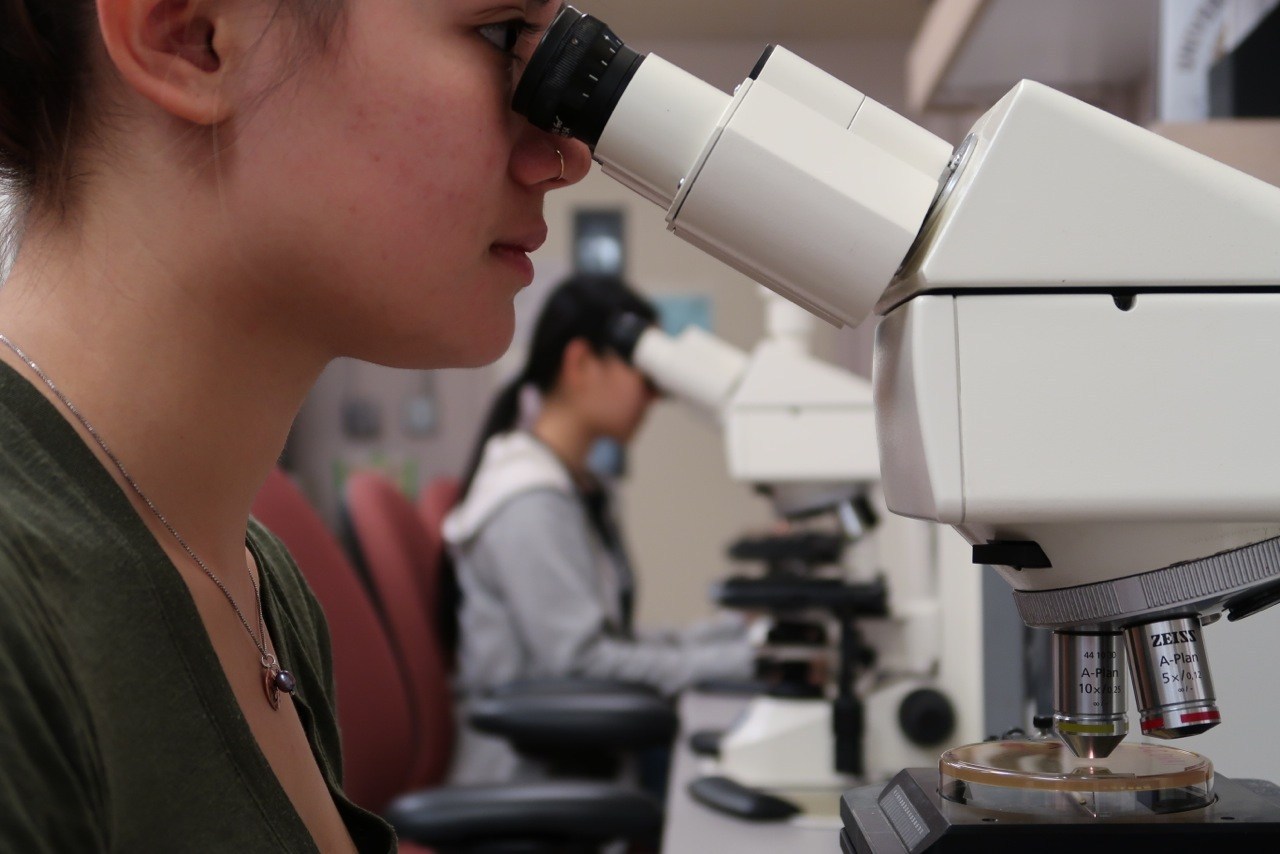Training the next generation of leaders in geroscience.
The BMHA T32 training program is led by Co-Directors Dr. Jessica Young and Dr. Dave Marcinek.
Please see Pre-Doctoral Openings and Post-Doctoral Openings for info on upcoming open positions. For more application information and deadlines please see the application procedure.
Program Description
The past two decades have seen major advances in understanding the basic mechanisms of biological aging. Simultaneously, there has been a rapidly growing appreciation of the importance of these mechanisms in human health and disease, which has been conceptualized by the term “geroscience”. This term refers to the research approach that seeks to understand this fundamental relationship between aging and disease. With the rapid expansion in knowledge and interest in this field, there is a great, unmet need to train the next generation of scientific leaders at the interface of fundamental mechanisms of biological aging and clinically relevant age-related disease. This is the guiding principle of the Biological Mechanisms of Healthy Aging (BMHA) Training Program. The goals of the BMHA training program are to provide outstanding pre-doctoral and post-doctoral scientists with (1) rigorous training in cutting-edge research focused on biological mechanisms of healthy aging, (2) exposure to, and the ability to critically evaluate, the breadth of knowledge, concepts, and approaches important in the field, and (3) the mentoring and skill sets necessary to achieve career success and become future scientific leaders.
BMHA faculty members are highly productive and interactive investigators whose proficiencies encompass most of the modern tools of biomedical research. This research is helping us understand the fundamental mechanisms of cellular and organismal aging and how they impact lifespan and healthspan. BMHA faculty work with a wide range of organisms ranging from yeast, to nematode worms and fruit flies, to mouse and man. The BMHA training program is also home to the only large-scale observational and clinical geroscience study in pet dogs.
We have in place a dynamic, comprehensive training program that brings together the disciplines of genetics, molecular biology and fundamental gerontological research. We have excellent investigators in these fields who collaborate extensively. Our faculty includes both senior members who have extensive experience in training predoctoral and postdoctoral students as well as newer members whom we believe are future leaders in aging research. The didactic component of this program is organized around a Basic Biology of Aging course, journal club and an annual seminar and proseminar series. Expertise in biological mechanisms of healthy aging is taught predominantly by hands-on research in dynamic laboratories. All of our trainees carry out their research and didactic studies in an environment that regularly brings to their attention the exciting opportunities to apply cutting-edge approaches in geroscience.
